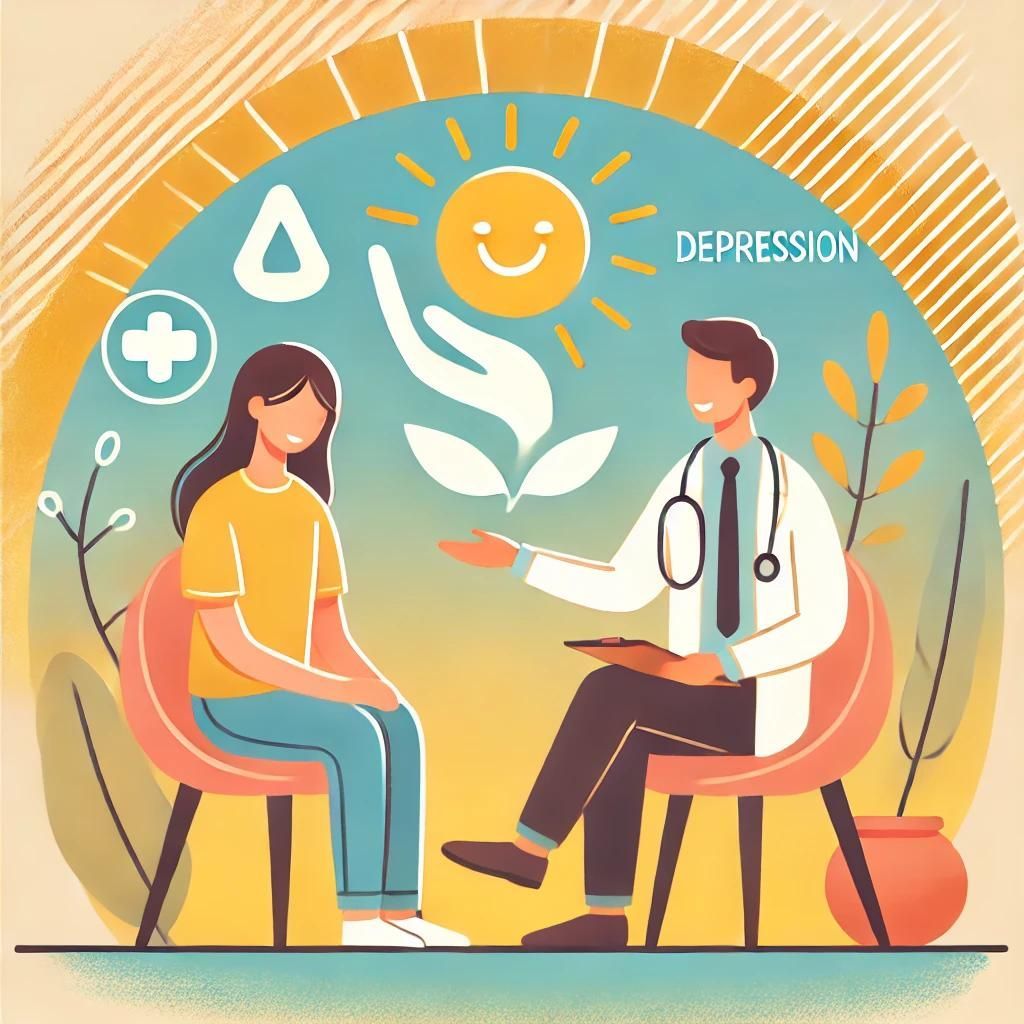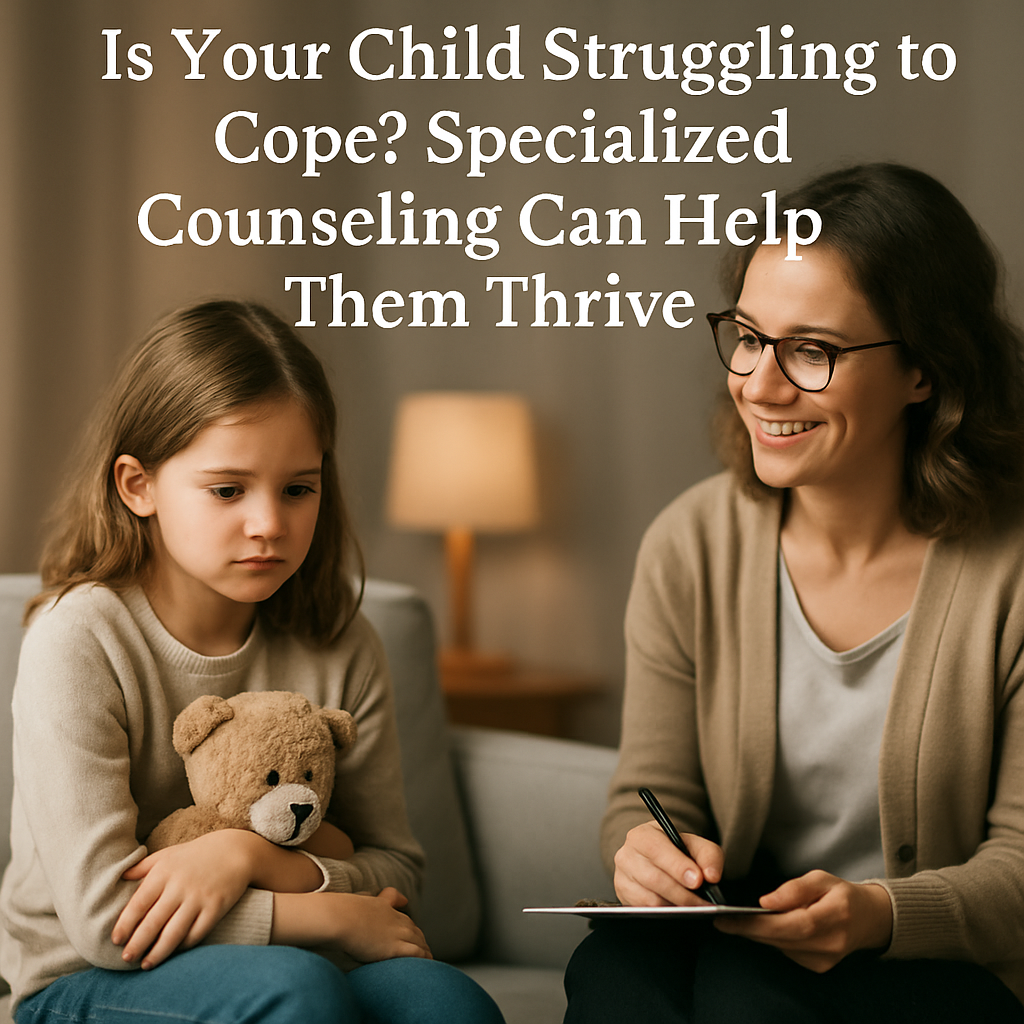
Destigmatizing Depression: Why Seeking Therapy is a Sign of Strength
Living with depression can often feel isolating like you're carrying a heavy burden no one else can see.
You might believe that asking for help shows weakness or that therapy is only for those who are "definitely struggling."
But the truth is, seeking therapy is one of the most powerful things you can do for your mental health. Destigmatizing depression means recognizing that reaching out for help is a sign of strength, not a flaw.
In this post, we’ll show you why taking that step toward therapy is a courageous act of self-care and how it can help you regain control over your life.
You don’t have to carry the weight alone – help is here when you're ready.
What is Depression?
Depression is a mental health disorder characterized by persistent feelings of sadness, hopelessness, and loss of interest in once-enjoyable activities.
It can also manifest in physical symptoms such as changes in appetite, sleep patterns, and energy levels.
Depression can affect anyone, regardless of age, gender, or background. It is essential to understand that depression is not a choice or a weakness.
It is a complex illness with various contributing factors, including genetic, biological, environmental, and psychological influences.
These factors can interact differently for each individual, making each person's experience with depression unique.
What are the Benefits of Counseling for Depression?
Depression therapy can be beneficial in many ways.
Here are just a few reasons why seeking therapy is a sign of strength:
Provides a Safe to Express Emotions
Often, individuals with depression may feel like a burden to their loved ones or fear being judged for their feelings.
In depression therapy, you can openly express yourself in a confidential and supportive environment without fear of being misunderstood or rejected.
This can be incredibly healing and validating, allowing you to feel heard and understood.
Helps Identify and Address Underlying Issues
Depression can have many underlying causes, such as past traumas, unresolved conflicts, or unhealthy coping mechanisms.
Therapy can help you identify these underlying issues and work through them safely and structured.
By addressing the root causes, you can better understand yourself and develop healthier coping methods.
Offers Personalized Treatment Plans
Therapy offers personalized treatment plans tailored to your needs and goals.
This can include talk therapy, medication, and other evidence-based techniques to manage symptoms and promote healing.
Encourages Self-awareness and Personal Growth
Therapy is about managing symptoms, personal growth, and self-discovery.
You can better understand your thoughts, feelings, and behaviors, which can lead to positive changes.
This self-awareness can also help you recognize and challenge negative patterns and beliefs that may contribute to your depression.
Destigmatizes Depression
Seeking therapy for depression can help destigmatize mental health by normalizing the conversation and encouraging others to seek help.
By openly discussing mental health and its treatment, you can break down barriers and promote a more understanding and compassionate society.
Gain Mental Strength Through Therapy in Dallas, TX
Seeking help is a sign of strength, not weakness.
At Beckloff Behavioral Health Center, we're here to support you.
Our experienced counselors understand the unique challenges you may be facing.
We're committed to providing compassionate and effective therapy to help you overcome obstacles and build resilience.
Contact us today to begin your path to healing.
You can also check out our other blog posts to learn more about the wide range of mental health services we offer.
Together, we can work towards a brighter, healthier future.



